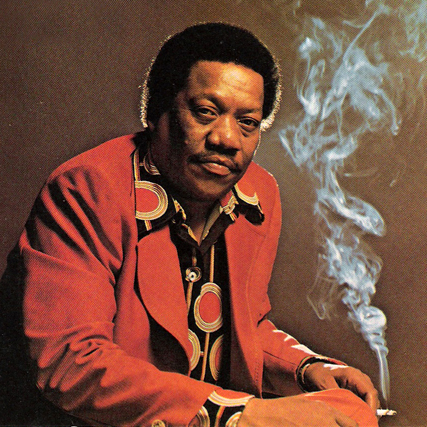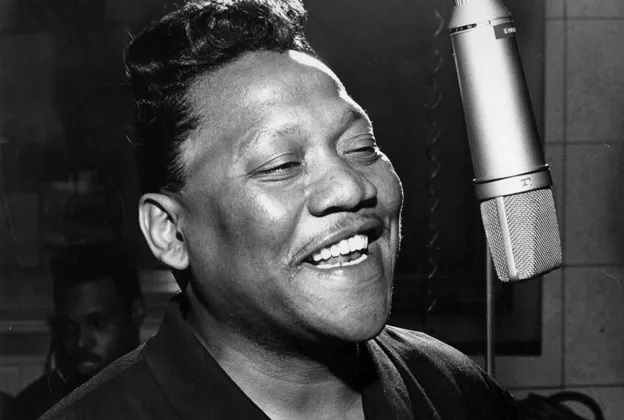Bobby “Blue” Bland, often referred to as the “Lion of the Blues,” was one of the most influential blues singers of the 20th century. Known for his emotive voice and sophisticated sound, Bland’s music bridged the gap between blues, gospel, and soul. Here are five fascinating curiosities about this legendary artist that showcase his remarkable career and lasting legacy.
1. He Never Played an Instrument
Unlike many of his contemporaries, Bobby “Blue” Bland never learned to play a musical instrument. Instead, he focused entirely on perfecting his vocal craft. His unique voice, with its gospel-influenced cadences and dramatic storytelling ability, became his signature and set him apart in the blues genre. Bland often said that his voice was his instrument, and he used it with extraordinary skill.
2. The “Blue” in His Name Wasn’t Always There
Bland was born Robert Calvin Brooks but later adopted the stage name Bobby Bland after taking his stepfather’s last name. The addition of “Blue” came later, reflecting his deep connection to the blues genre and distinguishing him from other artists. This nickname became synonymous with his smooth yet powerful vocal style, earning him a permanent place in the annals of blues history.
3. He Was Part of the Legendary Beale Streeters
In the early 1950s, Bland was a member of the Beale Streeters, a loose collective of talented musicians from Memphis, Tennessee. This group included other future legends like B.B. King and Johnny Ace. While they rarely performed together as a band, their collaborations and camaraderie helped shape the Memphis blues scene and laid the groundwork for many of their successful careers.
4. His Music Influenced Rock and Roll Icons
Bobby “Blue” Bland’s sophisticated sound transcended the blues genre, inspiring rock and roll icons like Elvis Presley, Van Morrison, and The Rolling Stones. Morrison, in particular, often praised Bland’s ability to convey deep emotion through his singing. Bland’s blend of blues and soul became a blueprint for many artists seeking to combine raw emotion with polished arrangements.
5. He Overcame a Career Slump in the 1970s
The 1970s were a challenging period for Bland as changing musical tastes and personal struggles affected his career. However, his resilience and dedication to his craft saw him bounce back in the 1980s, particularly after signing with Malaco Records. This era of his career brought him new fans and reaffirmed his place as a blues legend. His later works, though less commercially successful, were deeply appreciated for their authenticity and artistry.
Final Thoughts
Bobby “Blue” Bland’s legacy goes far beyond his chart-topping hits. His ability to merge the raw intensity of blues with the smoothness of soul created a timeless sound that continues to resonate with audiences today. These curiosities highlight the depth of his artistry and the enduring impact of his contributions to music.


Comments are closed